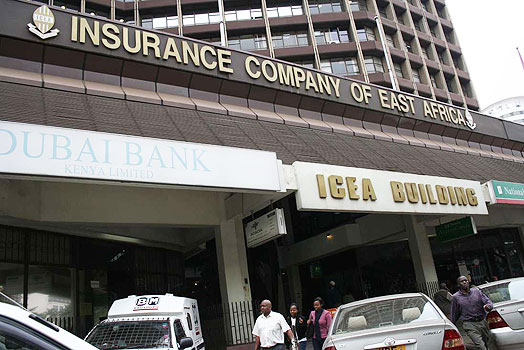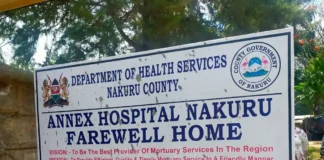Jomo Kenyatta University of Agriculture and Technology has suffered a legal setback after its attempt to block a tax demand of Sh296 million arising from the purchase of a prime commercial property in Nairobi was dismissed.
The dispute involves the acquisition of space at the iconic ICEA Lion Tower in the city’s Upper Hill area, a transaction that has now attracted scrutiny from the Kenya Revenue Authority over unremitted taxes.
The university had approached the courts seeking to overturn a KRA directive requiring it to pay tax on the Sh1.5 billion transaction.
JKUAT argued that the property acquisition was not subject to the standard taxation procedure, claiming the institution qualifies for certain exemptions as a public university and therefore should not bear additional tax obligations. However, the court ruled that the university failed to provide sufficient legal basis to justify the exclusion.
KRA maintained that the payment was part of a taxable transaction under the provisions of the Income Tax Act and the VAT Act, and that JKUAT, as a legal entity capable of owning and managing commercial property, is not automatically exempt from tax liabilities on such acquisitions.
The Sh296 million demanded includes both value added tax and stamp duty, which the tax authority insists must be settled to complete the registration of ownership.
The ICEA Tower deal is one of the largest real estate investments made by a public institution in recent years, and it has come under increasing public attention due to its scale and implications on the use of public funds. JKUAT had hoped to use the facility for commercial rental income and office expansion.
With the court decision now in effect, the university is under pressure to raise the funds required to meet the tax obligation or risk penalties and interest accruing from non-compliance.
The ruling is expected to set a precedent for how tax laws apply to public entities engaging in high-value commercial transactions, particularly in the real estate sector.
Legal experts note that the case could prompt other state institutions to reassess their exposure to similar liabilities in future deals. JKUAT has not indicated whether it will appeal the decision.
Written By Ian Maleve



















